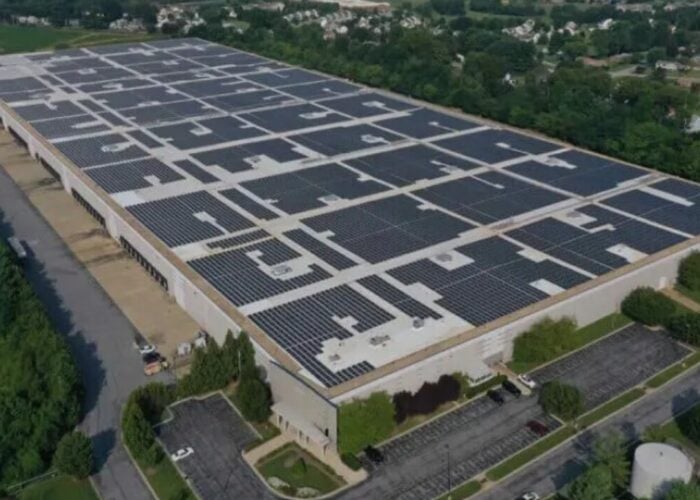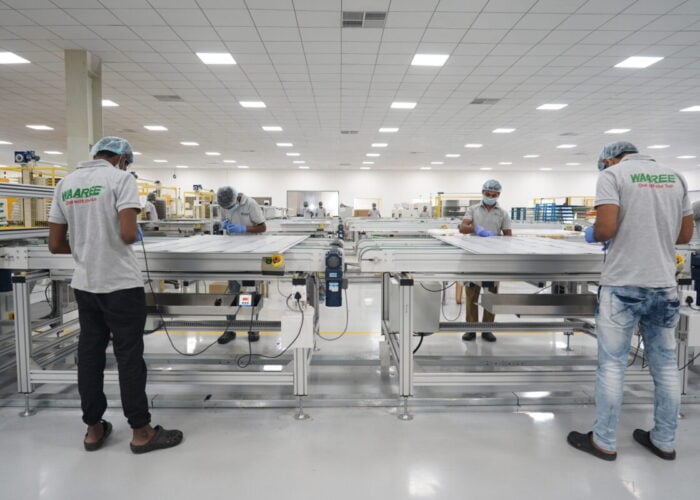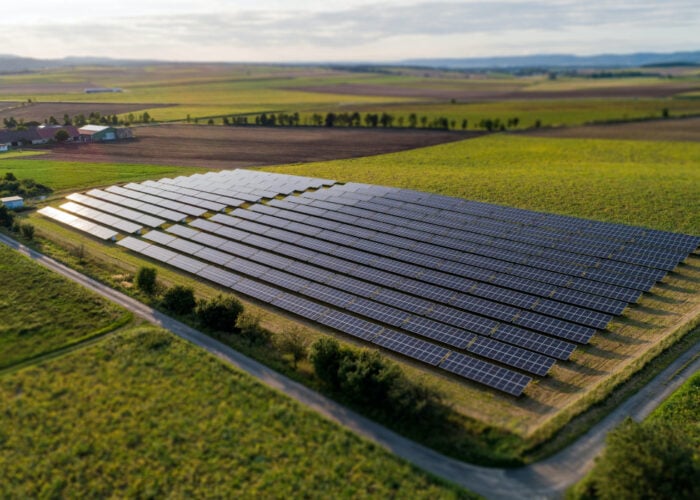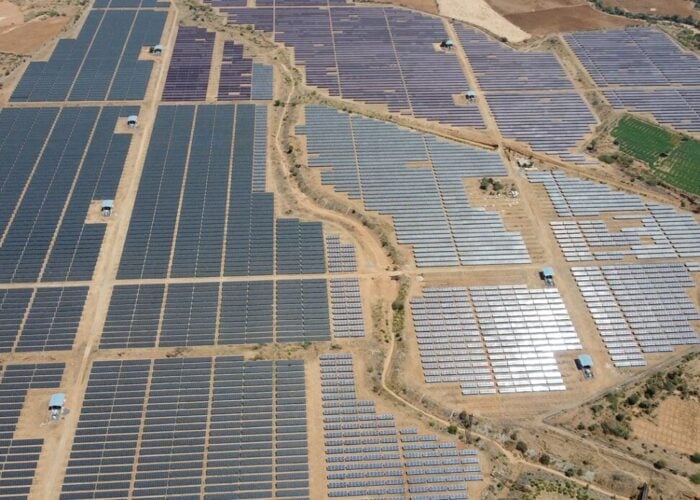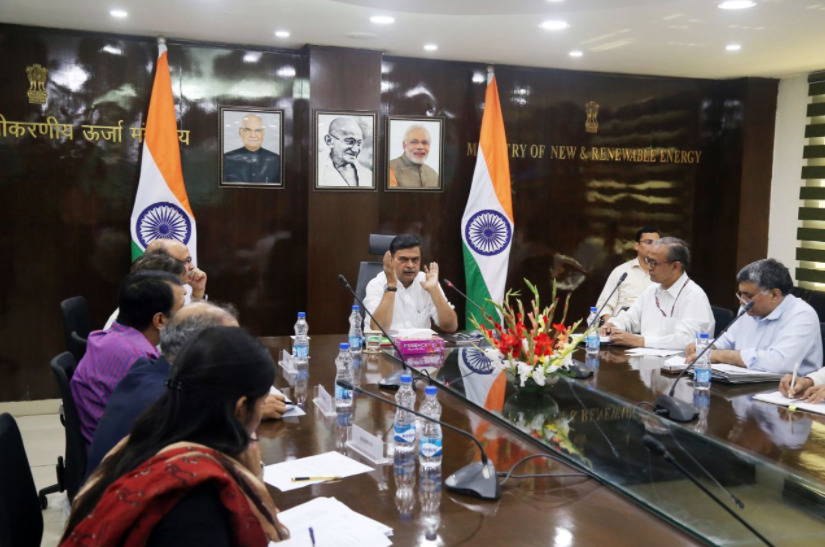
India has relaxed its rules surrounding the purchase of renewable power, with commercial and industrial consumers allowed to purchase clean power on a voluntarily basis, while state distribution company (Discom) customers can demand to be supplied with renewable electricity.
Announced on 6 June, the Green Open Access Rules will see users wanting to use clean energy in their businesses and homes have quicker access and pay fewer surcharges.
Unlock unlimited access for 12 whole months of distinctive global analysis
Photovoltaics International is now included.
- Regular insight and analysis of the industry’s biggest developments
- In-depth interviews with the industry’s leading figures
- Unlimited digital access to the PV Tech Power journal catalogue
- Unlimited digital access to the Photovoltaics International journal catalogue
- Access to more than 1,000 technical papers
- Discounts on Solar Media’s portfolio of events, in-person and virtual
Or continue reading this article for free
The approval process – conducted through a national portal – must be granted within 15 days otherwise automatic approval is provided to consumers, who will also be provided with a green certificate.
The rules have put a cap on the increasing of cross-subsidy surcharges as well as the removal of additional surcharges, which India’s Ministry of New and Renewable Energy (MNRE) said would “incentivise consumers to go green but also address the issues that have hindered the growth of open access in India”.
“The tariff for the green energy shall be determined separately by the Appropriate Commission, which shall comprise of the average pooled power purchase cost of the renewable energy, cross-subsidy charges if any, and service charges covering the prudent cost of the distribution licensee for providing the green energy to the consumers,” the MNRE said in a press release.
The MNRE has also reduced the threshold for transactions from 1MW to 100kW, allowing smaller customers to benefit.
India has made a number of law changes recently to encourage the switch to renewable power and establish solid foundations for its energy transition, including ordering Discoms to honour the power purchase agreements (PPA) they signed with electricity producers and settle any debts within six weeks.
That said, the country’s solar sector is in a difficult place at the moment with module price inflation, manufacturing incentives and geopolitical events causing disruption to the industry, pushing up average tariffs and lowering returns on solar investments.
Additionally, India is set to fall well short of its 2022 solar target of 100GW of installed solar capacity due to the slow uptake of rooftop solar, according to a report by the Institute for Energy Economics and Financial Analysis (IEEFA) and JMK Research.



